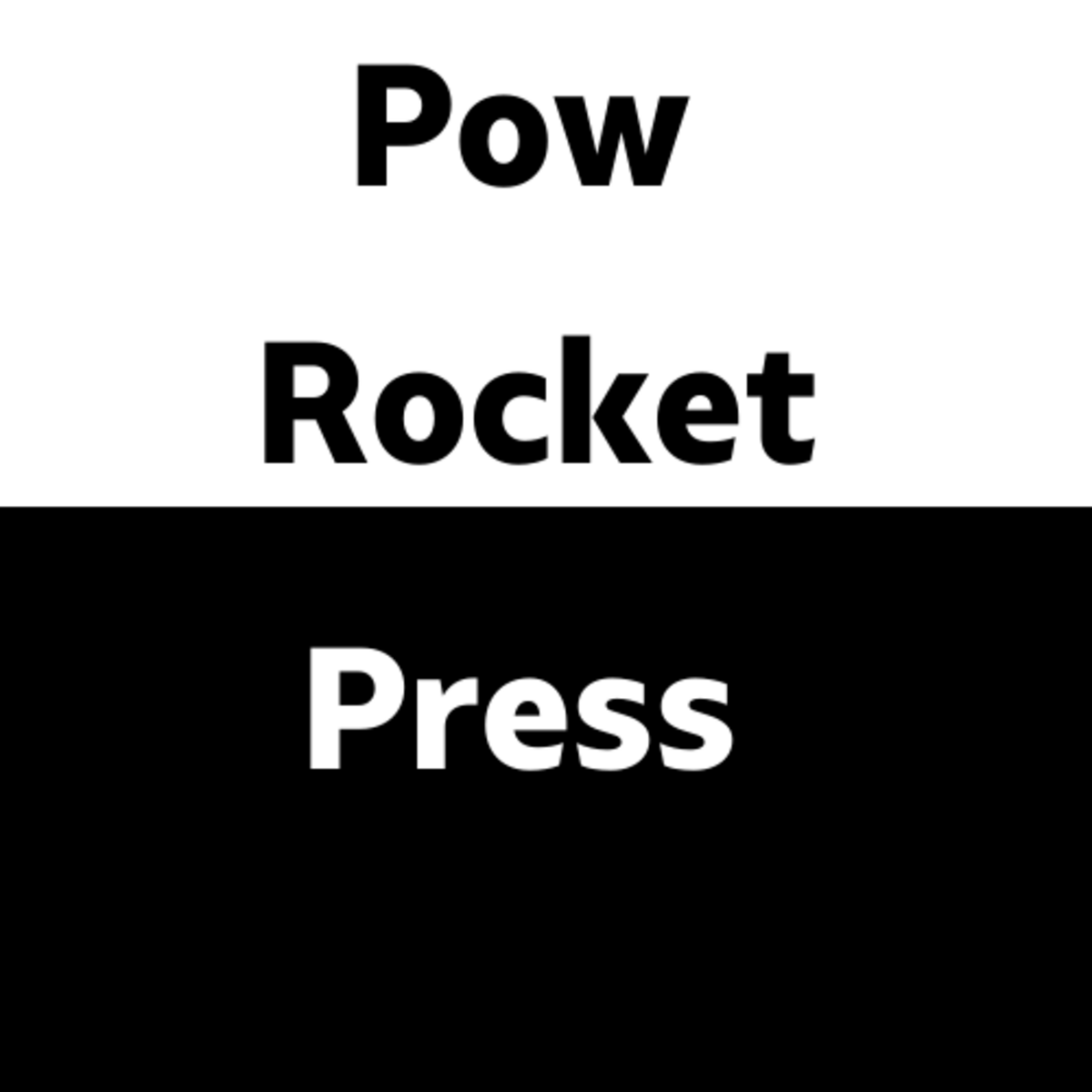
AI generated image
Table of Contents
Good afternoon 😃🌞, let’s get into today’s newsletter.
According to Botswana’s December 2024 Import Report, the country imported food and beverages worth P1.32 billion, making up 16.7% of total imports. But here’s the real question: Why is Botswana spending billions on food and drinks from other countries, and how can local businesses tap into this gap?
Understanding Botswana’s Food & Beverage Import Trends
The top imported food and beverage products in December 2024 were:
Cereals (17.6%) – Mainly maize (38.2%), rice (24.7%), and wheat (23.9%).
Beverages, Spirits & Vinegar (17.3%) – Beer (37.7%) and flavored/non-alcoholic drinks (17.1%).
Processed Fruits & Vegetables (10.9%) – Ready-made food products.
Sugars & Confectionery (7.8%) – Sweets and sugar-based products.
Dairy Products (5.4%) – Milk, cheese, and other dairy items.
The beverage sector alone accounted for P228.1 million, proving that Botswana’s demand for drinks—both alcoholic and non-alcoholic—is high. This is where local entrepreneurs can seize an opportunity.
How Entrepreneurs Can Take Advantage of This Market
1. Local Beverage Production: Fill the Gap
• Botswana imports millions worth of beer, soft drinks, and mineral water. A local brand that meets international standards but sells at a competitive price can attract both consumers and retailers.
• Example: Setting up a craft beer or soft drink brand using local ingredients to compete with imports.
2. Healthy & Organic Drinks: The Next Big Trend
• With growing health consciousness, natural fruit juices, organic drinks, and sugar-free options are in demand.
• Instead of importing flavored drinks, why not produce them locally using local fruits like marula, baobab, or melons?
3. Distribution & Retail: Be the Middleman
• You don’t need to manufacture—importing in bulk and distributing to retailers can be a great business.
• Setting up an online beverage store or vending business targeting offices, schools, and events can generate income.
4. Export to Neighboring Countries
• Botswana’s location makes it an ideal hub for beverage exports to Namibia, Zambia, and Zimbabwe.
• If you establish a brand locally, expanding into export markets can help you scale quickly.
What Students & Professionals Can Learn from This
Students: If you’re studying business, food science, or hospitality, this is your chance to explore beverage startups. Intern with beverage companies or start a small beverage business from campus.
Professionals: If you work in marketing, sales, or logistics, consider partnering with beverage startups to help them grow. You can invest, distribute, or consult in this space.
Entrepreneurs: Whether you’re a small business owner or an investor, this data shows what Botswana buys from outside. Instead of relying on imports, local businesses can capture market share with innovative beverage solutions.
The Opportunity Is Yours
The beverage industry in Botswana is ripe for innovation. Whether it’s starting a local production company, distributing beverages, or creating healthy drink alternatives, the demand is there. Young entrepreneurs, students, and professionals—this is your chance to create a thriving business.
Will you take advantage of this billion-pula industry or let foreign companies continue to dominate the market?

